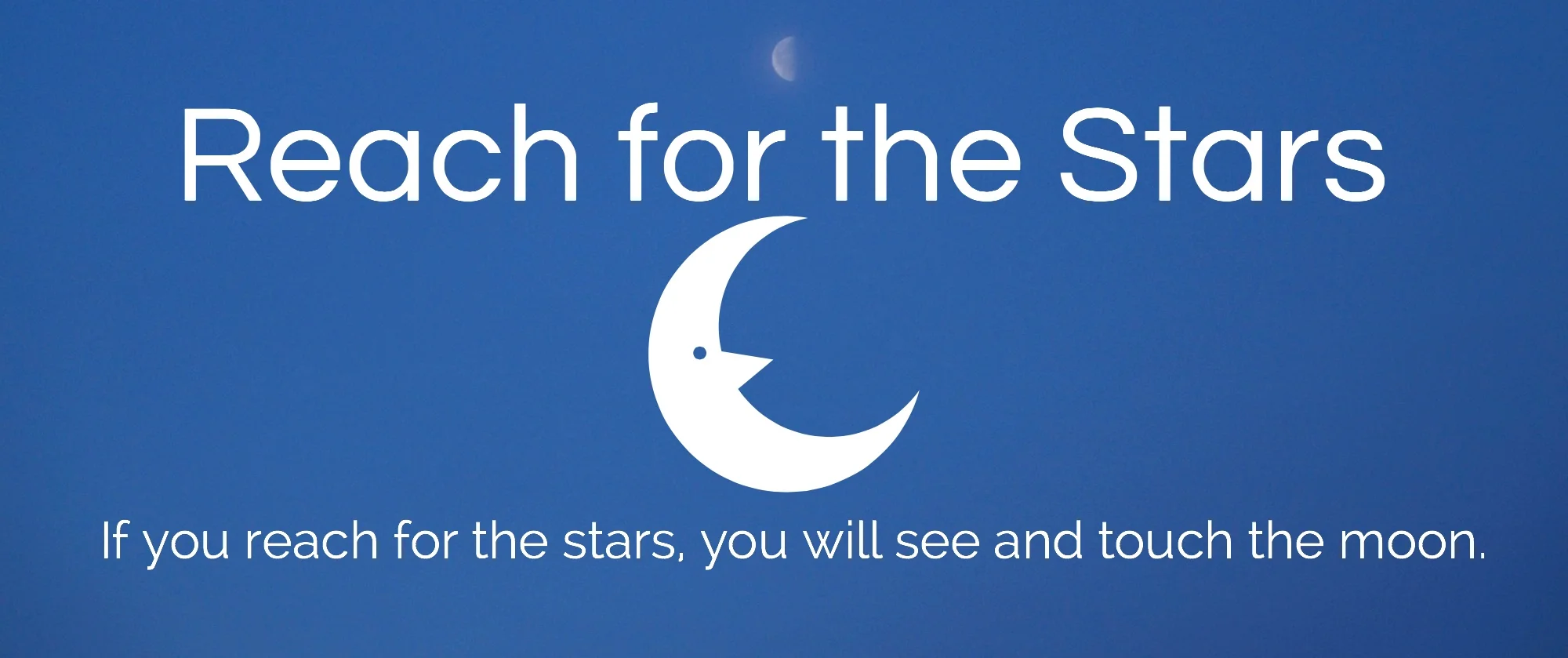Listening to my favourite podcast (Roderick on The Line) this morning, I came across a small segment I had to take ten minutes and attempt to transcribe.
John Roderick was discussing the nature of modern identity politics, after a reader of an article he wrote pointed out that he'd used the phrase "guitarists and their girlfriends" in a way that the reader found exclusionary of the notion of female guitarists.
Only when we arrive at a place where no voice has pride of priviledge, when no voice is heard more loudly than any other, can we fully know ourselves, or be close to achieving a human understandign or a collective wisdom. It's what I think is the undergirding idea of this quasi-marxist move on the part of the intellectual world -- the American Left's intellectual life --- to always be attacking priviledge, second guessing language, equaling voices. The only premise, an unspoken premise no one ever discusses it openly, is "Only when all voices are heard and once all voices are heard equally can we know what are project is".
Because, as you see, any time someone stands up, and says "I have an opinon", the first question is "What right do you have to speak, who are you. Are you just another middle-class white person, because we've heard what you have to say". It's a blanket dismissal -- and the reality is what any one person has to say is in a lot of ways irrespective of what their race or their class is. Right?
I mean, the world of ideas is-- the whole premise of it is that it can exist in one's mind. That, Yes, it's influenced by it's culture, Yes is influenced by it's culture, also that's the beautiful thing about an idea: You can have an idea that's in conflict with how you were raised, your culture. It's how ideas advertise themselves: I can think opposite me. To argue that all my thoughts are waterstamped with my race and culture is to be anti-intellectual (I guess) at it's core.
That's what's insane about this notion; ultimately it's anti-thinking and it becomes-- seeking to kill this idea that there's something being French, or an American, that's worth preserving, or that's an identity that has responsibility as well as rights attendent to it. That every right has a concomittant responsibility that goes along with it.
I dunno.
-- Roderick On The Line, Episode 96 “The Beautiful Thing About An Idea” (1h02m - 1h05m approximately)
All transcription errors are my fault.
It's a great discussion, start to finish, and yet another reason I listen to the podcast -- beyond the amazing and disturbing stories of eating meatball sub-sandwiches in a bathtub.
I think it blends well into recent discussions about the toxicity of progressive discussions. Language policing is something I've been guilty of [1], but Roderick makes the point that we can't be doctrinarian about this. Sometimes language is harmful and ought to be corrected, and sometimes it's just language we don't love.
[1] I feel a little better about my particular tiny foray into language policing. I was particularly concerned by a sexist turn of phrase in a technical oriented discussion, intended partially as a recruitment tool. My justification is centred largely on the petrie multiplier, which everyone in tech needs to read about.


